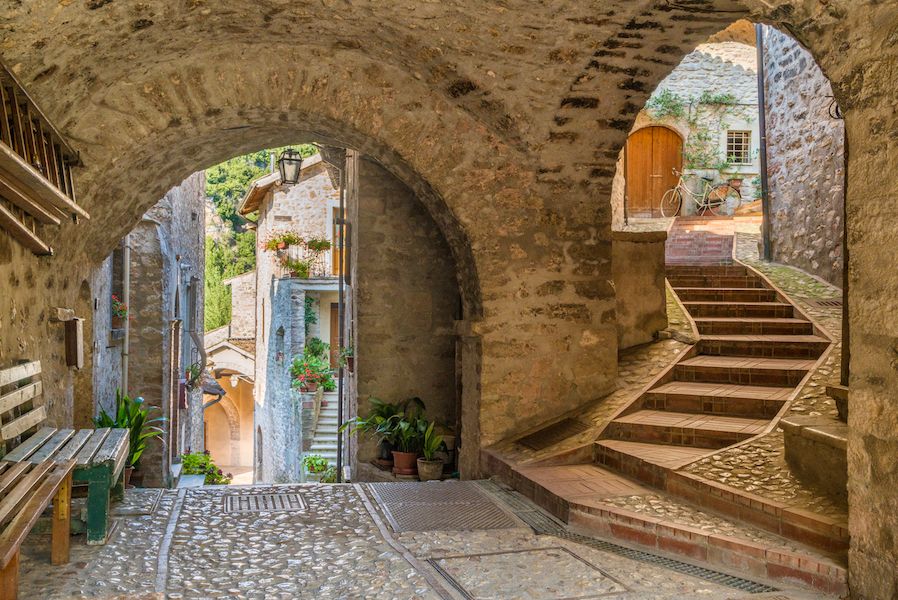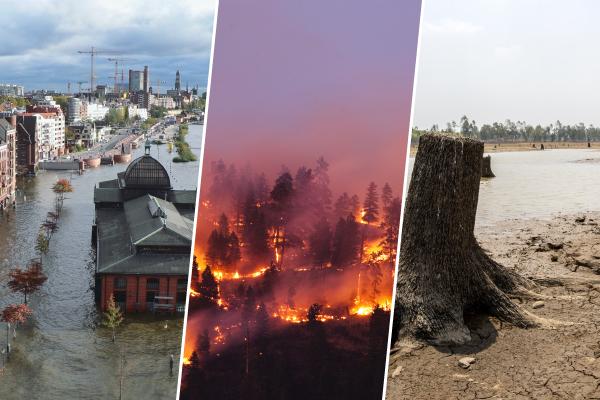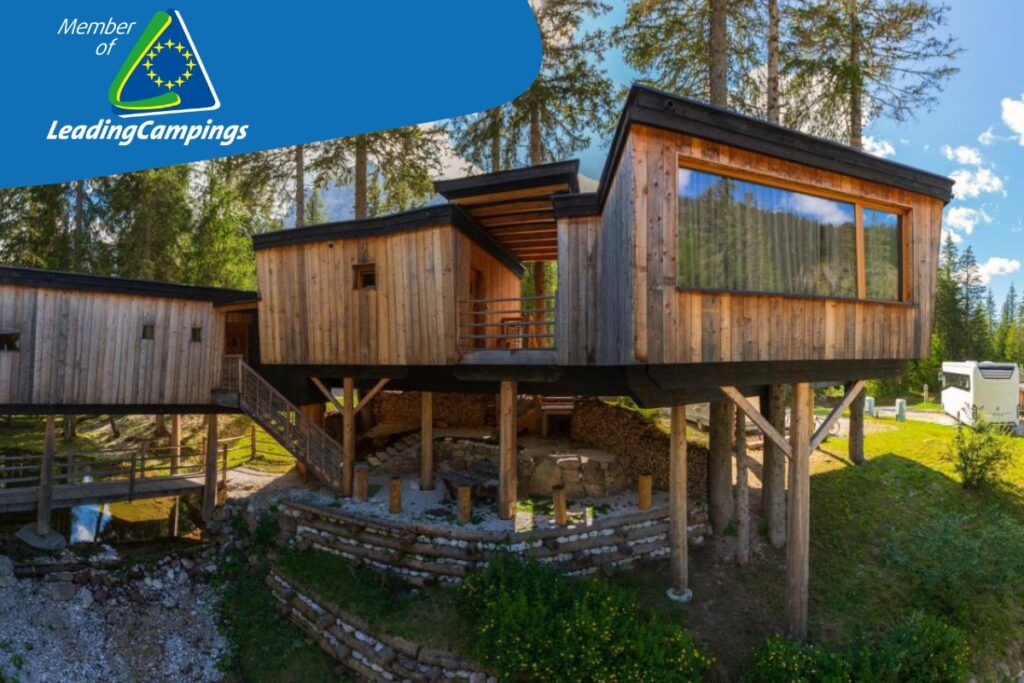In the heart of bustling cities and amidst the tranquillity of remote landscapes, a crisis looms over European accommodations. From Reykjavik to Rome, concerns mount as traditional options struggle to meet the evolving demands of tourists. But here’s where Epic Stays steps in.
Photo Credit:
Drumhierny Woodland, Leitrim, Ireland
Photo Credit:
Trulli Holiday Albergo Diffuso, Italy
Photo Credit:
Reddingsboot Harlingen Boat, Netherlands

Photo Credit:
Chalet Rušovc, Slovenia
Photo Credit:
The Torfhus Retreat, Iceland

Epic Stays is an ERASMUS+ project working to redefine tourism accommodation across Europe. We aim to bridge the shortage of tourism accommodations across Europe and the need for rural tourism development and regeneration. Inspired by insights from global leading organisations like the United Nations World Tourism Organisation (UNWTO) and the Organisation for Economic Co-operation and Development (OECD), we believe that tourists deserve more than just one kind of place to stay, they deserve choice and variance — they deserve an unforgettable stay tailored to their unique tastes, dream stays and interests. And for accommodation owners, the chance to adopt innovative and inspiring new business models.

Epic Stays is aptly timely as we navigate the future of tourism, particularly now and in the next decade. It will empower tourism accommodation businesses with the agility, tools, resources, and acumen needed to thrive in a rapidly changing landscape. From the picturesque hills of Italy to the windswept shores of Iceland, Europe is fostering a new era of accommodation that demands us to embrace authenticity, regenerative and environmental principles, and sustainability.
But our ambitions extend beyond mere lodgings, Epic Stays offers an edge of inspiration, authenticity, and that WOW factor. Our stakeholders are already pioneering change and actively reshaping the very fabric of European tourism accommodation. We celebrate this and intend to share their learned best practice and showcase their ambitions and signature achievements. Through innovative approaches like the “albergo diffuso” model in Italy’, Ireland’s ‘tree houses’, the Netherlands ‘barge boats’ and Iceland’s ‘cave houses’ we will endeavour to develop a dedicated VET Vocational Education and Training program. Such initiatives will pave the way for newcomers and enhance existing initiatives propelling tourism accommodation into a more resilient future.
At the core of Epic Stays lies a commitment to innovation, regeneration, sustainability, and empowerment. By championing circular solutions and upskilling pathways for rural businesses, we’re not just addressing challenges—we’re transforming them into opportunities for sustainable growth and diversity.
Join us on this journey as we reimagine tourism accommodation, one Epic Stays at a time. Together, we will build a future where every tourist adventure is as unique as their tastes and needs are. Welcome to Epic Stays – where extraordinary stays and experiences await.

Epic Stays is not just addressing challenges—we’re crafting solutions that redefine the future of European tourism accommodation. Epic Stays is in high demand providing innovative and resilient solutions that address the global tourism industry crisis e.g., war, COVID-19, and climate change. The European tourism industry requires urgent sustainable solutions such as Epic Stays which is underscored by its recognised potential to offer transformative solutions amidst unprecedented challenges.
Through a focus on alternative tourism accommodation, Epic Stays is not only reshaping the alternative tourism accommodation landscape but also making a profound impact on the environment, education, and rural economies. Tourism is highly vulnerable to climate change. The environmental toll on our planet is undeniable, contributing up to 50% of climate change. Tourism is not just a victim of global warming it is responsible for 8% of the world’s carbon emissions. As more and more people travel each year, this footprint is only growing. When we travel, carbon emissions are generated throughout our trips. We are already seeing the impact as temperature rises and the attractiveness of destinations is fading, winter sports shortened seasons, and coastal tourism is highly vulnerable due to rising sea levels. With Epic Stays , we are flipping the script by prioritizing responsible design, repurposing existing structures, using regenerative practices and principles, and embracing sustainable technologies, we aim to alleviate the tourism industry’s carbon footprint and preserve the natural beauty of rural Europe.

Epic Stays goes beyond just revitalizing abandoned structures; Epic Stays has the potential to rejuvenate, regenerate and revitalise entire communities. From fostering tourism entrepreneurship to promoting farm and building diversification, Epic Stays is driving the dynamic development of rural economies, ensuring they’re not just resilient but thriving in the face of environmental and economic challenges.
But our impact doesn’t stop there. With the European tourism market poised for substantial growth, Epic Stays brings commercial potential to the forefront. As tourists increasingly seek unique, alternative, sustainable experiences, our project meets the rising demand for such accommodation, particularly in rural regions where authenticity thrives.
And let’s talk about consumer trends and how they have changed considerably. In a post-COVID world, tourists are moving away from cities, they crave space, untouched natural landscapes, hidden gems in a peaceful setting, fresh air and adventure, health and wellbeing, affordability, and authenticity. Epic Stays delivers on all fronts, offering budget-conscious new and traditional tourists the opportunity to explore city, urban and off-the-beaten-track accommodations, while they immerse themselves in the heart of local culture, heritage, and communities.

As our journey began in December 2023, we embraced that tourism accommodation businesses (especially small and medium-sized) must evolve to compete globally. That’s where Epic Stays comes in, our innovative tourism VET and SME-inspired resources will aim to ensure that they have access to skills and support tailored to their needs.
Our journey is guided by our stakeholders, research, data and driven by partnership. From uncovering the staggering growth and demand for the alternative accommodation market to understanding the shifting preferences of tourists, we will start by laying the groundwork by researching the challenges for impactful change and addressing the capacity and opportunities available to the sector.